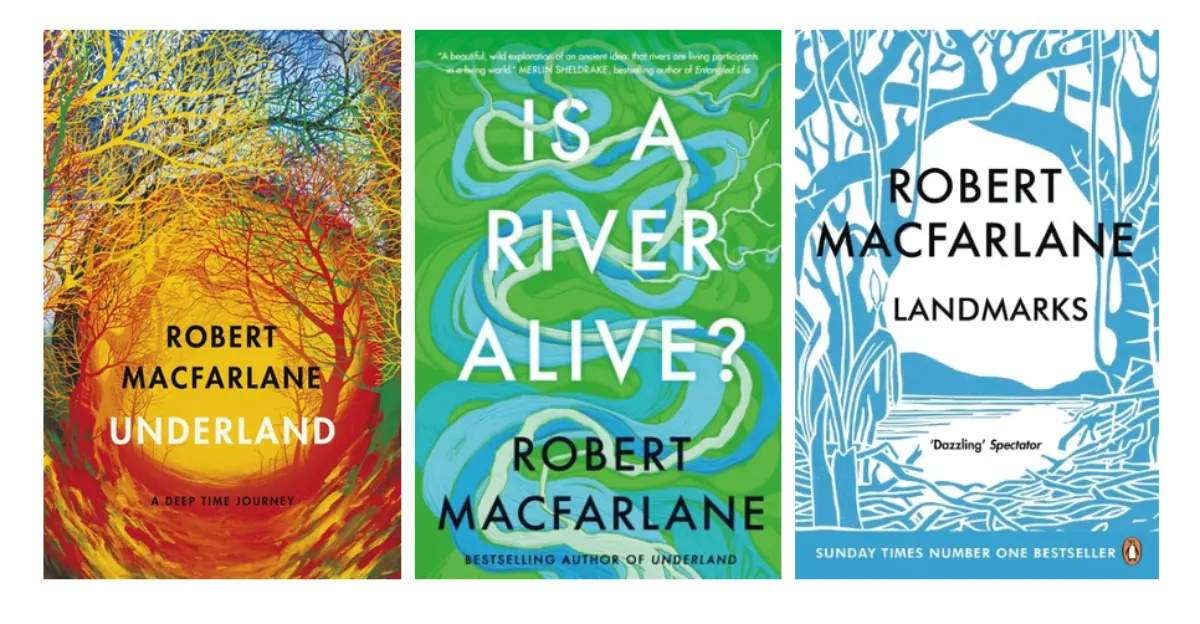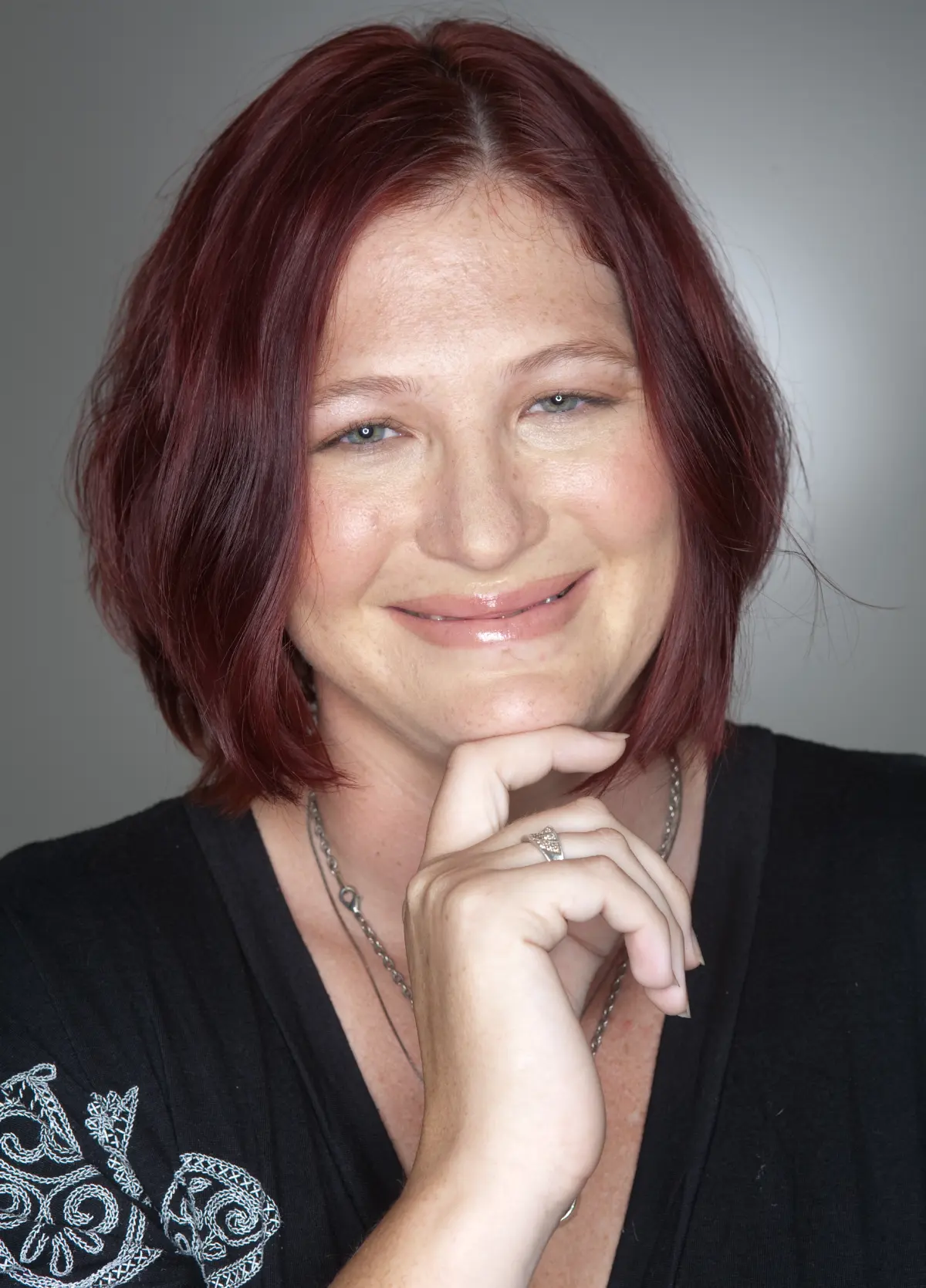Writing is a creative endeavour. However, many aspirant writers find they’re not producing the type of content they want because they feel stuck in a rut, or scared to even try. They doubt that they could consistently come up with original ideas.
The good news is that anyone can be creative. It just takes a bit of time, effort and practice for the creative writing muscles to warm up.
‘If you’re alive, you’re a creative person,’ claims best-selling author Elizabeth Gilbert in Big Magic: Creative Living Beyond Fear.
This blog post provides 14 ways to supercharge the creativity in your writing.
- Design a creative environment. This could be an area in the office, your bedroom or even outside if it’s pleasant enough! The aim is to find somewhere to write that is free from clutter and distractions so you can truly focus on your creative process.
- Engage all of your senses when brainstorming ideas for creative writing projects. For instance: go out into nature and listen closely to what you hear around you; smell things like flowers or coffee beans while they are still fresh; taste something acidic until its sourness invades every part of your mouth before tasting something sweet. By engaging with these sensory experiences more intensely than usual, creative inspiration may come easier to you!
- Let new people and places inspire your writing. You need to be open to new ideas, challenges and concepts so that your creativity can thrive. Part of overcoming a creative rut is trying new things, exploring new places and experiencing new sensations.
- Practice creative writing skills, like brainstorming and storyboarding. The idea is to try different creative writing techniques to see which is right for you.
- Brainstorm for a new story by asking ‘what if’ and then filling in the blanks. What if she doesn’t get married but ditches the groom at the altar? What if the setting is a different planet than the earth? Asking ‘what if’ allows you to brainstorm with purpose. You can ask ‘what if’ for plot, a character’s motive, the setting or the climax. The aim is to think of as many ideas as possible – even the crazy, outlandish ones – then to assess them and choose the one that best fits your story.
6. Gain a creative perspective by looking at the world through the eyes of someone else, rather than your own eyes. For instance, take on someone else’s identity for an hour (either in real life by switching places with them, or simply imagine being in their place); this can lead to innovative ideas in your writing.
7. Turn on some music. Some people prefer silence when they write; others find inspiration in music. Some writers have found it enjoyable and productive to listen to coffee shop sounds at home if they prefer to write in one. I kid you not! Try this 8-hour soundtrack here.
8. Practice creative writing for 20-30 minutes every day by jotting down your thoughts about the world around you.This is the best way to improve your creative writing – to write. Yes, it’s straightforward, but creative writing is not about natural talent or having the best ideas. They are both important for sure, but creative writing means putting those thoughts onto paper. Regular practice will teach you how to harness your creative energy to ensure that it’s free from constraints.
9. Go on a creative date: a day or evening spent exploring personal interests. This is one way writers have found creative inspiration; these creative dates are also good for brainstorming sessions.
Study creative writing with one-to-one tutoring by an award-winning writer.
10. Receive your best insights while doing daily chores like some authors do. For instance, folding laundry (Leo Tolstoy) or washing dishes (Wallace Wattles). This means you should keep a notebook handy at all times!
11. Read books, stories and poetry by your favourite authors. This could spark some ideas of your own.
12. Do a creative writing course, as there are dozens of tools and techniques to master. These courses are often offered in universities, community centres and creative writing workshops.
13. Join a writing circle, or find a creative writer friend or group to share ideas with.
14. Keep a journal of all your creative writing – this will be beneficial when looking back on previous projects and seeing how far you’ve come as a writer.
Elizabeth Gilbert writes in Big Magic: Creative Living Beyond Fear: ‘A creative life is an amplified life. It’s a bigger life, a happier life, an expanded life, and a hell of a lot more interesting life. Living in this manner – continually and stubbornly bringing forth the jewels that are hidden within you – is a fine art, in and of itself.’
Go forth and find your jewels!
Our Creative Writing Courses have been featured by Twinkl in their list of Mindful New Year’s Resolutions.














